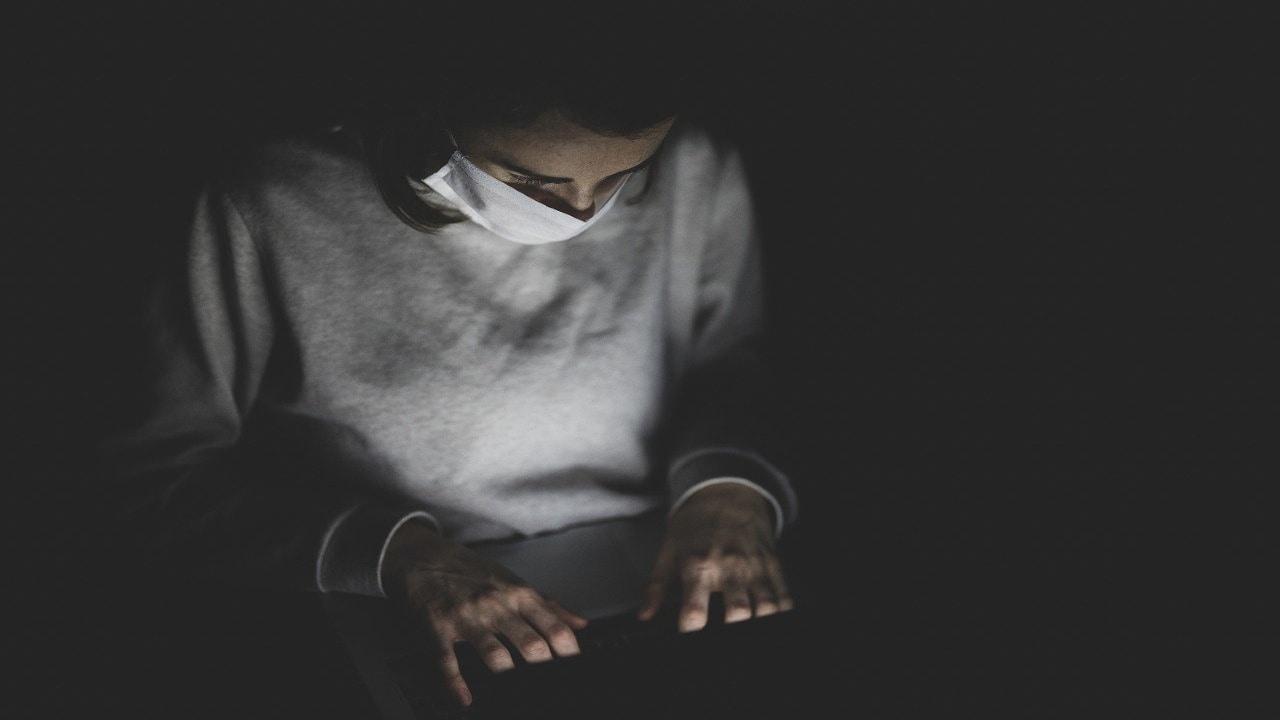Health
Chinese study suggests wearing face masks at home to prevent COVID-19
The researchers found that the risk of transmission was more prominent within the household and that too before the symptoms of COVID-19 were noted.
Myupchar Last Updated:May 31, 2020 20:45:53 IST content powered by 

COVID-19 pandemic is a major threat to global health and economy. The number of cases could have potentially gone much higher if the authorities hadn’t imposed strict measures like country-wide lockdowns and social distancing of at least two metres. Other than that, the public has been asked to wear face masks whenever they step out of their houses to control the spread of infection. Recently, as countries open lockdown, face masks have been made compulsory in public places for this reason. However, according to a recent Chinese study published in the British Journal of Medicine (BMJ) on 28th May 2020, wearing face masks at home can significantly reduce the risk of COVID-19 infection.
Wearing face masks at home during COVID-19 crisis
The research was carried out by the scientists of the Beijing Center for Disease Prevention and Control. In their research, the scientists interviewed 335 people from 124 families that were living in Beijing. Every family had at least one confirmed case of COVID-19 infection. In their study, the researchers found that the risk of transmission was more prominent within the household and that too before the symptoms of COVID-19 were noted.
They further stated that the risk of transmission was reduced by 79% after wearing face masks within the house, but only before the symptoms started appearing. As per the study, the masks were ineffective after the symptoms of COVID-19 started appearing in one of the family members.
Related Articles
10 ways you can help children with intellectual disabilities during the COVID-19 pandemic
CSIR scientists rise to the challenge, build new protective gear and tests to fight COVID-19
Cleaning of the household with chlorine or ethanol-based disinfectant was effective in curbing the transmission of infection by 77%.
The researchers added that the risk of transmission of the virus increases to four times if the infected person has gastrointestinal symptoms of COVID-19, i.e., diarrhoea. They even stated that sitting next to (symptomatic) infected persons or having a meal with them can increase the risk of getting the disease by 18 times.
However, after the release of the research paper, the World Health Organization (WHO) laid out a statement that they do not promote the use of face masks at home as they do not have enough evidence yet to prove that it can help in curbing the spread of the virus.
Side effects of wearing a mask for too long
While wearing face masks is being advised by every nation, there could be potential side effects of wearing these masks for too long. Studies have claimed that wearing masks can make it difficult for some to breathe, especially for those with Chronic Obstructive Pulmonary Disease (COPD). Some experts also advise for kids under 2 years of age to not wear masks.
Moreover, when we wear a mask, we exhale carbon dioxide into the mask. So what happens in the next respiratory cycle is that when we inhale oxygen, we inhale a fraction of carbon dioxide (that is already residing in the mask) along with it. This makes breathing deeper and tougher. This can also worsen the condition of those who are already infected as it can push the viral load more towards the lungs.
For more information, read our article on How useful are masks against COVID-19 and how to use them.
Health articles in Firstpost are written by myUpchar.com, India’s first and biggest resource for verified medical information. At myUpchar, researchers and journalists work with doctors to bring you information on all things health.



